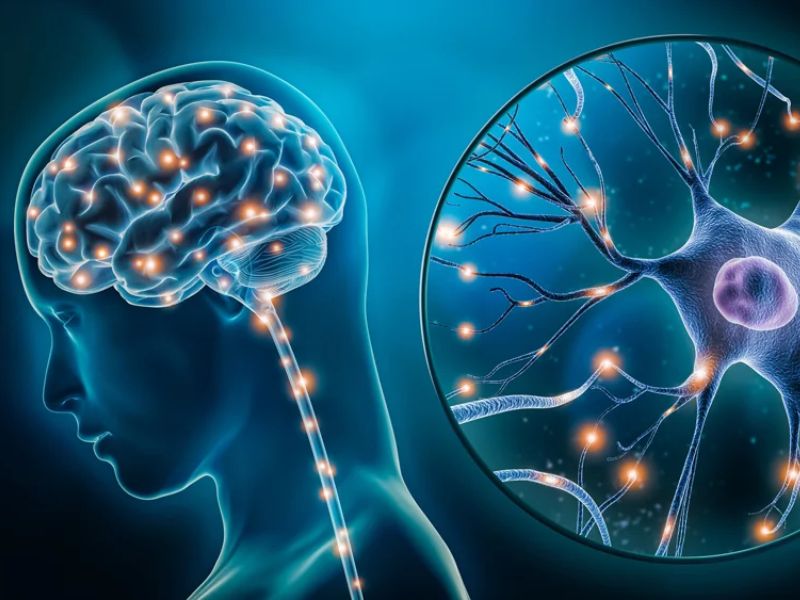Auditory Deprivation
The Impact of Auditory Deprivation
Auditory deprivation can significantly impact communication abilities and overall quality of life. When hearing loss is untreated, the brain’s auditory centers may atrophy or become less efficient. This can make it increasingly difficult to understand speech, even with the use of hearing aids. The brain's ability to interpret and recognize sounds diminishes, and the cognitive effort required to decipher what you hear increases. Research has shown that individuals with prolonged untreated hearing loss may experience more severe difficulties in processing sounds compared to those who begin treatment sooner.

Preventing and Addressing Auditory Deprivation
The good news is that taking action now can help prevent further auditory deprivation. Hearing aids are designed to provide the necessary auditory stimulation to keep the brain engaged and to maintain auditory pathways. While hearing aids can improve hearing and communication, they cannot fully reverse damage that has already occurred due to prolonged untreated hearing loss. The sooner you address your hearing loss, the better the outcomes in maintaining your hearing abilities and cognitive functions.
Why Acting Now is
Crucial
Acting early is crucial to mitigating the effects of auditory deprivation. By seeking treatment as soon as you notice hearing issues, you help preserve your brain’s ability to process sound effectively. Early intervention with hearing aids or other treatments can help maintain auditory function and support cognitive health.
